CLTA-VA Spring 2014 Report
The CLTA-VA fall 2013 workshop was successfully held at Washington and Lee University in Lexington, Virginia, on Oct. 12, 2013. We thank for Professor Neil Kubler of Williams College and Professor Liang Hsin-hsin of UVA and Professor Ann Kun of Randolph College to give us...





